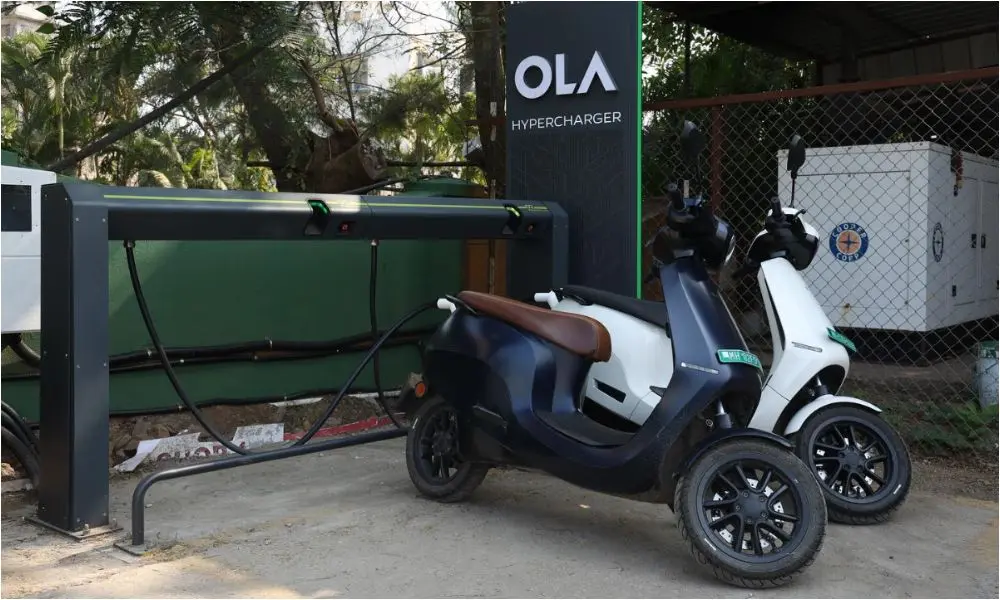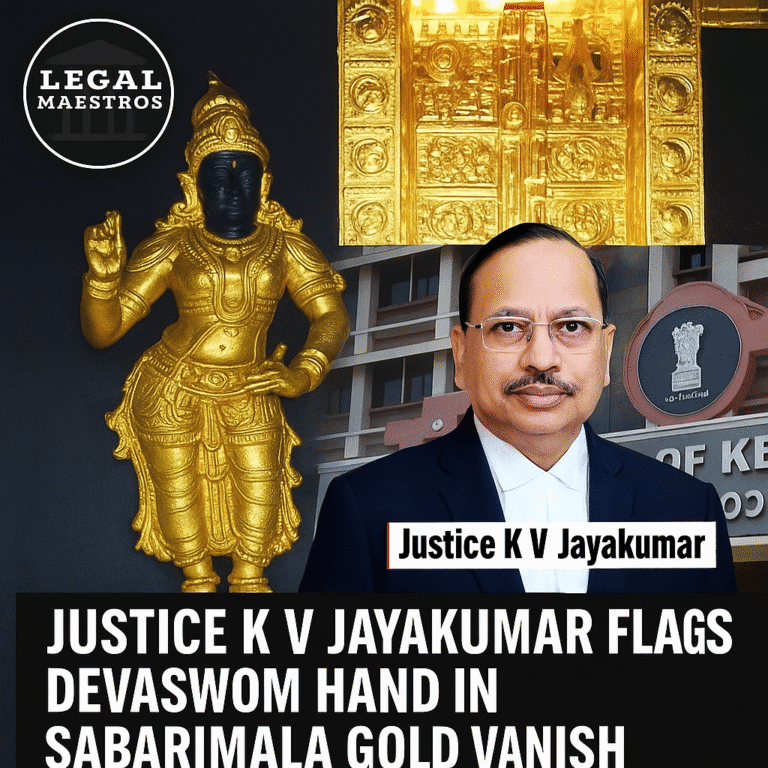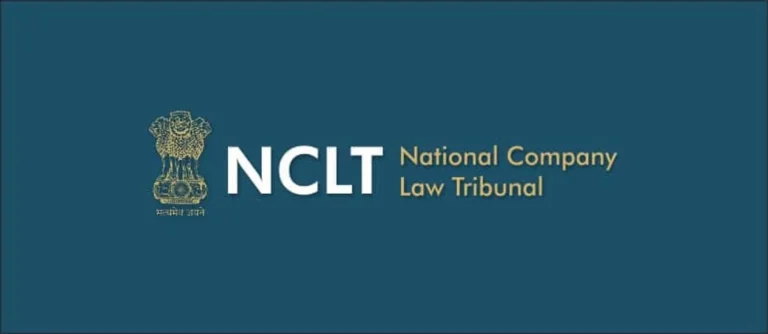
Why Ola Electric Sued Over Bharat Cell Trademark by Kushmanda Power?
Introduction
There was a new battleground that developed in the fast developing market for electric vehicles (EVs) in India during the month of May in the year 2025. Kushmanda Power Limited, a battery assembler based in Chandigarh, has submitted a complaint to the Delhi High Court against Ola Electric, the most successful electric scooter maker in India. The action was launched against Ola Electric.
When it came to the name “Bharat Cell,” which was selected by both companies for their respective lithium-ion battery products, there was a dispute between the two companies. Kushmanda Power’s trademark rights were allegedly violated by Ola Electric, and the company was accused of misleading customers by using the same name for its 4680-format electric car cells.
In view of the fact that none of the parties possessed a trademark that was fully registered, the court ordered them to take part in mediation in order to reach a mutually agreeable resolution to the dispute.
For any queries or to publish an article or post or advertisement on our platform, do call at +91 6377460764 or email us at contact@legalmaestros.com.
Background of the “Bharat Cell” Name
There is a strong feeling of national significance that is linked with the term “Bharat Cell.” The usage of the Sanskrit term for India, “Bharat,” is a method for companies to express their pleasure in the technical accomplishments that have been made in the nation and to appeal to the patriotic emotions of customers.
Over the last several years, India’s attempts to attain self-sufficiency in the area of renewable energy have resulted in a surge in popularity for the country’s domestic battery makers. Attempts were made by both Kushmanda Power and Ola Electric to establish a connection between their respective companies’ products and the narrative, which resulted in the development of brand identities that were comparable to one another.
Kushmanda Power’s Establishment and Brand Claim
Beginning in the middle of the year 2023, Kushmanda Power Limited (KPL) was officially established as a company. Since that time, it has been engaged in the business of selling lithium-ion battery packs under the brand name “BHARATCELL.” A number of different types of clients are served by this business.
For any queries or to publish an article or post or advertisement on our platform, do call at +91 6377460764 or email us at contact@legalmaestros.com.
These customers include providers of energy storage systems, operators of electric rickshaws, and telecom tower installations respectively. Through participation in trade exhibits, online advertising, and the formation of alliances, KPL was able to effectively build a reasonable degree of awareness for their Bharatcell batteries.
For the objective of gaining exclusive rights to the name, it made an application to the Trade Marks Registry at the end of the year 2023. The application is now in the opposition phase, which signifies that other entities have opposed KPL’s claim; nevertheless, there has not been a ruling rendered that is conclusive. This is the case for the time being.
For More Updates & Regular Notes Join Our Whats App Group (https://chat.whatsapp.com/DkucckgAEJbCtXwXr2yIt0) and Telegram Group ( https://t.me/legalmaestroeducators )
For any queries or to publish an article or post or advertisement on our platform, do call at +91 6377460764 or email us at contact@legalmaestros.com.
Ola Electric’s “Bharat Cell” Launch
Ola Electric’s Krishnagiri gigafactory was responsible for the creation of a 4680-format lithium-ion cell, which was the single battery innovation that the company disclosed to the public in August of 2024.
This new cell was given the moniker “Bharat Cell” by the firm in order to underline its Made-in-India credentials in a clear and concise manner. The discovery drew a significant level of attention from the media due to the fact that specialists believed the 4680 cell to be an essential component in enhancing the range of electric automobiles and reducing their costs.
Although Ola Electric submitted its own trademark application not long after that, the application is still in the preliminary stages of processing and has not yet matured into a registered mark. This is despite the fact that Ola Electric filed its own trademark application.
For any queries or to publish an article or post or advertisement on our platform, do call at +91 6377460764 or email us at contact@legalmaestros.com.
The Legal Basis of the Dispute
Both passing off and trademark infringement are the two legal concepts that form the basis of the lawsuit that was brought forward by Kushmanda Power. These concepts are tied to one another. In accordance with the Trade Marks Act of India, a party has the legal right to submit a claim for infringement in the event that another party uses a mark that is either identical or deceptively similar on related items, so raising the likelihood of confusion.
It is possible for a firm to protect the goodwill associated with an established brand via the common-law action of passing off, even if the company does not have a registered trademark.
It is because of this that the corporation is able to prevent other businesses from taking advantage of its reputation. KPL asserts that Ola Electric’s use of the name “Bharat Cell” unjustly capitalizes on the goodwill that KPL has garnered among consumers of electric vehicle accessories. As a result, customers are placed in a position where they are at danger of misunderstanding, which in turn causes harm to the brand of the smaller company.
For any queries or to publish an article or post or advertisement on our platform, do call at +91 6377460764 or email us at contact@legalmaestros.com.
The Trademark Registration Race
The strategic significance of the “Bharat Cell” brand was realized by both KPL and Ola Electric, and both firms scrambled to gain their rights to hold it. KPL and Ola Electric both incorporated in India.
The registration process has been delayed as a result of the opposition procedure, despite the fact that the earlier application that was filed by KPL verifies its priority claim. The application submitted by Ola Electric was submitted after the launch of its product; nonetheless, it is still in limbo and does not provide any protection in the short future.
There are protection gaps as a consequence of the fact that the pace at which trademarks are registered often lags behind the rate at which fast-moving items are created. Courts are used to settling disputes of this kind by examining who was the first to adopt the mark and the degree to which it was employed in commercial transactions prior to the development of the conflict. This is done in order to determine who was the first to adopt the mark.
For any queries or to publish an article or post or advertisement on our platform, do call at +91 6377460764 or email us at contact@legalmaestros.com.
The High Court’s Referral to Mediation
The fact that neither party maintained an established registry-backed monopoly on “Bharat Cell” was something that Justice Saurabh Banerjee of the Delhi High Court took into consideration when KPL launched a case in May of 2025.
The court came to the conclusion that the lawsuit would most likely focus around factual problems concerning use, reputation, and consumer doubt. This was due to the fact that neither party had registered rights that were clear and unambiguous. This is a set of questions that are more challenging to address via the process of negotiation.
Taking into mind the requirements of Section 12A of the Commercial Courts Act, the court referred the issue to the Delhi High Court Mediation and Conciliation Centre for further consideration. As a result of taking this action, the formal processes are put on hold, and both parties are provided with the option to negotiate agreements, which may include co-existence, licensing fees, or rebranding duties, respectively.
For any queries or to publish an article or post or advertisement on our platform, do call at +91 6377460764 or email us at contact@legalmaestros.com.
Implications for the Electric Vehicle Industry
Within the context of India’s rapidly developing market for electric vehicles (EVs), the problem puts light on the challenges that are involved with branding. By hurrying to bring new products to market, manufacturers and suppliers of batteries are putting themselves in danger of having trademarks that are in conflict with one another, which might result in consumers being confused.
It is very evident that even enterprises with great financial resources cannot trust that names are simply available, as shown by a high-profile fight that occurred between a multinational company and a local assembler.
When it comes to smaller battery firms, the preservation of new brands at an early stage might be the deciding factor in whether or not they are able to carve out a niche for themselves in the market or if they are unable to compete with the enormous corporations that are already there.
For any queries or to publish an article or post or advertisement on our platform, do call at +91 6377460764 or email us at contact@legalmaestros.com.
The Importance of Early Trademark Protection
The predicament that KPL finds itself in exemplifies how critical it is to submit trademark registrations as fast as possible prior to making a brand public. An organization runs the danger of having its intellectual property rights violated by larger rivals who are actively pursuing aggressive marketing techniques if it waits too long to register its business.
In a similar vein, commercial enterprises such as Ola Electric have to do exhaustive research on potential trademarks and make assured that there are no competing claims before designating its essential products.
It is feasible to safeguard investments in developing technology by conducting exhaustive clearance searches, making use of watch services, and filing opposition materials in a more expedient manner.
For any queries or to publish an article or post or advertisement on our platform, do call at +91 6377460764 or email us at contact@legalmaestros.com.
Potential Outcomes of the Mediation
There are a number of possible outcomes that might occur as a consequence of the mediation process. It is feasible that the parties may reach a consensus to coexist by differentiating their brands.
This would be a positive development. KPL, for example, may be granted permission to use the name “BHARATCELL” in conjunction with a distinctive logo, whilst Ola Electric might be granted permission to designate “Ola Bharat Cell” in its identification. Additionally, Ola Electric has the choice to acquire a license to use the name from KPL in exchange for a royalty or a one-time licensing fee.
This is an alternative to the current option. An even more extreme result may be that one of the parties entirely rebrands themselves and adopts a new identity in order to avoid any more conflict in the future. There is a high probability that any terms of the settlement will include agreements for marketing materials, packaging, and digital references. This is done with the intention of removing any concerns that may come up in the future.
For any queries or to publish an article or post or advertisement on our platform, do call at +91 6377460764 or email us at contact@legalmaestros.com.
Conclusion
In the context of the ecosystem of electric mobility in India, the trademark dispute between Kushmanda Power and Ola Electric over the term “Bharat Cell” serves as a cautionary tale. The rush to profit on that emotion must be matched by rigorous legal preparation in order to equal the degree of success that national pride has the capacity to pour into businesses.
However, national pride has the potential to infuse businesses with tremendous appeal. As a realistic way to prevent the legal processes from lasting a lengthy amount of time, the Delhi High Court has decided to send the dispute to mediation. This decision was made in order to minimize unnecessary delays.
Not only will the manner in which KPL and Ola Electric negotiate this strategy handle their own competition, but it will also create guidelines for the manner in which battery makers and electric vehicle innovators promote their products in India’s highly competitive clean energy industry.
For any queries or to publish an article or post or advertisement on our platform, do call at +91 6377460764 or email us at contact@legalmaestros.com.




![Research Assistantship @ Sahibnoor Singh Sindhu, [Remote; Stipend of Rs. 7.5k; Dec 2025 & Jan 2026]: Apply by Nov 14, 2025!](https://legalmaestros.com/wp-content/uploads/2025/11/Gemini_Generated_Image_s0k4u6s0k4u6s0k4-768x707.png)
![Karanjawala & Co Hiring Freshers for Legal Counsel [Immediate Joining; Full Time Position in Delhi]: Apply Now!](https://legalmaestros.com/wp-content/uploads/2025/11/Gemini_Generated_Image_52f8mg52f8mg52f8-768x711.png)
![Part-Time Legal Associate / Legal Intern @ Juris at Work [Remote]: Apply Now!](https://legalmaestros.com/wp-content/uploads/2025/11/ChatGPT-Image-Nov-12-2025-08_08_41-PM-768x768.png)
![JOB POST: Legal Content Manager at Lawctopus [3-7 Years PQE; Salary Upto Rs. 70k; Remote]: Rolling Applications!](https://legalmaestros.com/wp-content/uploads/2025/11/ChatGPT-Image-Nov-12-2025-08_01_56-PM-768x768.png)